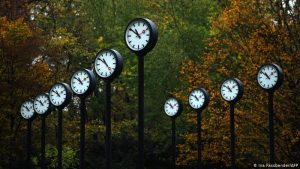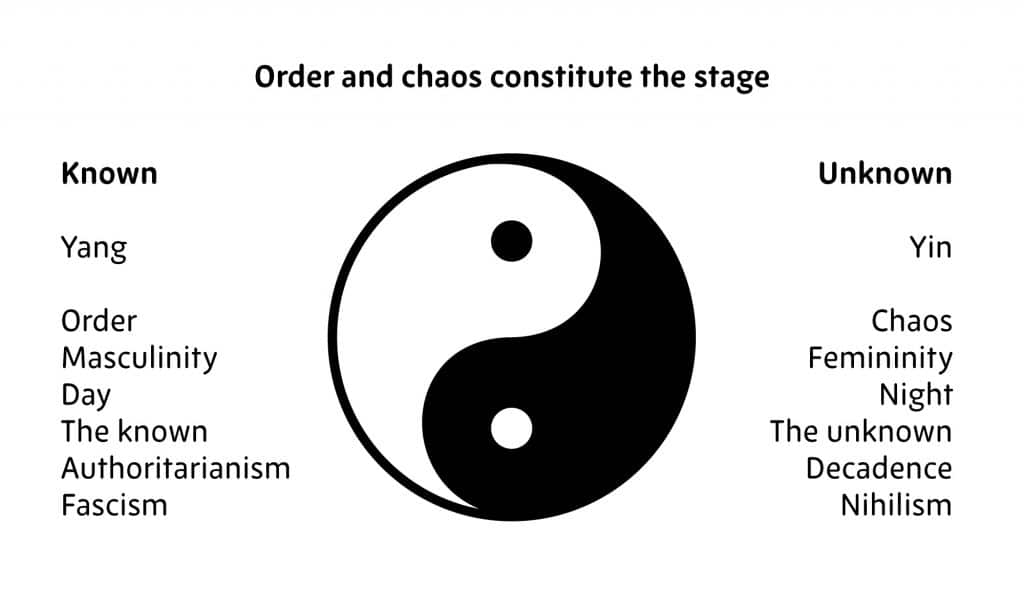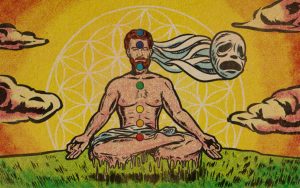Philosophy: The Importance of Now
As we move forward towards the future, anxiety and stress are only increasing. Whether this is due to social media and the internet, it can seem difficult to find balance and, most importantly, yourself. That is why I put a huge urgency on relearning the lessons of our past. Not just any past, however, but the teachings and practices of Eastern philosophy.
Why Eastern philosophy? Why not a Western philosophy like Existentialism? That is because ideas like existentialism lead a thinker to a particular path and way of thinking. For example, a core idea in existentialism is “existence proceeding essence”. The idea that our existence comes before our reason and purpose for existing. Now, this thought may not be bad or even illogical, however, it requires that you believe in a very strict set of rules that govern our daily lives. Trying to meet up to these unknowable standards can be difficult and may cause stress and anxiety.
A lot of stress comes from focusing on the future and the past. For example, existentialism puts you in the state of mind of “Well if I have no inherent purpose for existing, then I have to make my own reason for existing by shaping my future.” While this may be a drive for some people, others stress out every day about what is going to happen to them in the future and the mistakes they have made in their past. Zen philosophy, however, puts a strong focus on the non-existence of the past and future and that the present is the only thing that matters.

According to Tim Lott, “In our western relationship with time, in which we compulsively pick over the past in order to learn lessons from it, and then project into a hypothetical future in which those lessons can be applied, the present moment has been compressed to a tiny sliver on the clock face between a vast past and an infinite future. Zen, more than anything else, is about reclaiming and expanding the present moment.”
While there may be nothing wrong with a little planning for the future and reminiscing on the past, stressing over these moments is not good. For all intents and purposes, the past and the future do not exist. Eckhart Tolle would relay this message in his book “The Power of Now: A Guide to Spiritual Enlightenment.” Tolle states, “Time isn’t precious at all, because it is an illusion. What you perceive as precious is not time but the one point that is out of time: the Now. That is precious indeed. The more you are focused on time—past and future—the more you miss the Now, the most precious thing there is.”
One doesn’t even have to be spiritual to take this idea to heart, as physicists are starting to apply this idea to science. Elizabeth Fernandez presents the idea of Eternalism an idea in which nothing happened and nothing is going to happen but that things in our universe simply exist.
Philosophy: Finding the Middle
Another problem of the modern-day is extremism. In the U.S., it seems more than ever that no one can agree on anything and that both sides of the political poles are pushing further away from each other. According to the Atlantic, both the left and the right are pushing each other to further political extremes. What we really need is a balance and a focus on the middle. That is where the idea of Yin-Yang comes in.

This idea is that opposite viewpoints and ideas are inseparable from each other. Not only are they inseparable, but they are found within each other. There is light inside the dark just as there is dark inside the light. In the modern-day, we are taking a side of the symbol and trying to force it away from the other side, which just causes division. Instead, we should be investigating and understanding the other side. When we do that, we can realize that the true answer lies within the middle of the symbol.
Philosophy: Change
Lastly, a ‘60s interpretation of Eastern philosophy can be found in Timothy Leary’s book “The Psychedelic Experience”, which is an analysis of the Tibetan Book of the Dead. An important part of taking psychedelics is Ego-Death where one separates consciousness from identity or “ego.” Doing this allows one to rationalize their problems and solve them from an objective, non-biased point of view. A message from Leary’s book is that the worst thing that can come from a psychedelic experience “is that nothing changes.” A pillar of Eastern philosophy is putting an emphasis and focus on change.

The idea of Kintsugi comes into play here: “In Zen aesthetics, the broken pieces of an accidentally-smashed pot should never just be tossed away, they should be carefully picked up, reassembled, and then glued together with lacquer inflected with a luxuriant gold powder. There should be no attempt to disguise the damage, the point is to render the fault-lines beautiful and strong.” While change can be scary, any significant moment that spells importance involves change. Good and bad change is equally as important as there is a reason that those changes happened to you.






